By Carol Hazard TIMES-DISPATCH STAFF WRITERPublished: August 21, 2010
About 800 properties in the city of Richmond are vacant and uninhabitable.
An additional 800 could be lived in but need work. And 800 other vacant properties are in good condition, said Rachel O. Flynn, director of planning and development for Richmond.
In all, the city is dealing with about 2,400 vacant properties, said Flynn, who spoke yesterday during a presentation at the Federal Reserve Bank of Richmond.
More than 100 city leaders, representatives from nonprofit and civic groups, and real estate agents gathered for the session on "Turning Around Vacant Properties in Greater Richmond."
Neglectful property owners can be cited for blight and be required to submit plans to the city to fix the problems. If they do not improve the properties, the city can take possession through court procedures.
Take, for example, 106½ E. Clay St. The owner refused to comply with code enforcement and would not sell it to the city. The city petitioned the court to have the property condemned and took possession.
The Alliance to Conserve Old Richmond Neighborhoods, a nonprofit housing group, bought the property from the city for $67,459, then sold it contingent upon a development agreement for essentially the same amount to a developer.
The city also can take over properties if taxes are not paid.
The process is lengthy and cumbersome, speakers at yesterday's session said. The event was presented by the Richmond Fed, Virginia Local Initiative Support Corp. and the Partnership for Housing Affordability.
Sometimes owners are cooperative but they have no money to fix their properties or there is no market to sell them. In some cases, the government can intervene with subsidies, Flynn said.
It's important to create neighborhoods that can survive on their own without government subsidies, where private industry sees possibilities and makes investments, she said.
Richmond's problem with blight has escalated since 1949, when trolleys were removed and people became dependent on automobiles. Many abandoned the city for the suburbs.
"This is what it looked like 100 years ago," said Flynn, pointing to a photo of a vibrant downtown with sidewalks teeming with people and a trolley running down the center of Broad Street.
"There is no reason we can't have that today," she said, noting the link between public transit and neighborhood revitalization.
Greg Lukanuski, assistant city attorney, said building codes do a good job of getting property owners motivated to fix dilapidated structures. However, some people do not have the physical, financial or mental wherewithal to deal with the changes.
If the city takes an elderly woman to court for blight, most of the time the family comes to the rescue and corrects the problems, Lukanuski said. Still, it makes for an uncomfortable situation.
Often, the homeowner's sole source of income is Social Security benefits, which gives the person money to cover food, utilities and taxes but not enough for maintenance.
Property owners must be given notice of a violation and time to fix it, before a court summons is issued and the city can move to take over properties, Lukanuski said.
Some slumlords are good at ducking code-enforcement inspectors, he said. They might get lots of notices of violations, but they never go to court because they can't be found, Lukanuski said.
Bonnie Ashley, senior assistant attorney for the city, said a property with taxes that haven't been paid for a year and a half could be taken to public auction in nine or 10 months under the best and fastest scenario.
It's typically a two-year process, but it can take longer, she said.
Take, for example, a 100-year-old house that was maintained by the original owners. Generations of heirs inherit the property, and each person owns a small portion. The problem often is getting someone to step up, pay the taxes and take control, she said.
Re-print to Kerry Riley's blog August 23, 2010
Monday, August 23, 2010
Subscribe to:
Post Comments (Atom)

























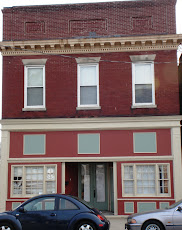

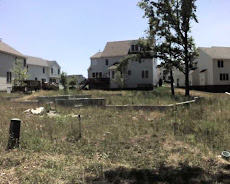

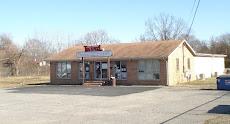

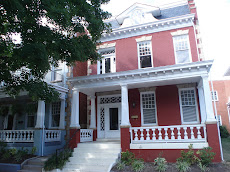

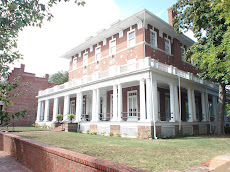

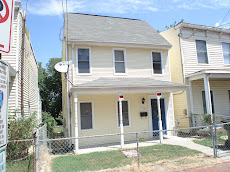










People are rediscovering Virginia as a great place to relocate, especially for regular people with regular jobs such as housewife, writer, butcher, baker, tailor or plumber. Manassas, Fredericksburg, Alexandria and the other areas in Northern Virginia, in particular, are becoming favorite choices for relocation, whether for people who intend to work there, or those working in the region, such as in DC.
ReplyDeletehomes for sale in bristow virginia